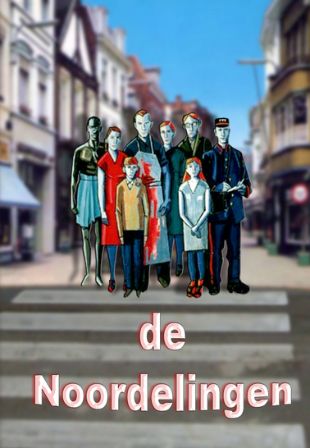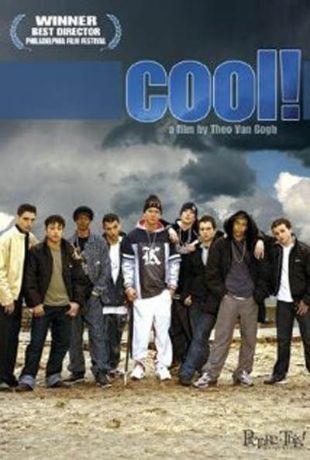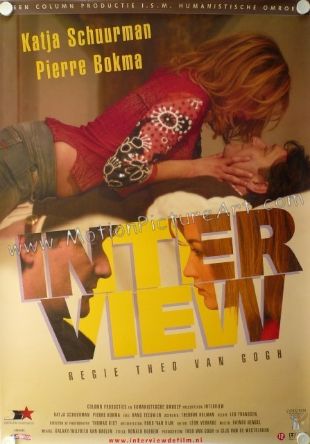Few Europeans have deliberately riled up as much virulent and explosive controversy during their lifetimes as the muckraking Dutch director (and politically incendiary journalist) Theo van Gogh did during his all-too-brief 47 years; in the end, it led to van Gogh's murder on an Amsterdam street at the hands of a Muslim extremist.
The great-grandson of an earlier Theo Van Gogh (the art-dealer brother of Vincent), the younger Theo was born in The Hague in 1957. He cultivated a raw passion for filmmaking during his youth -- to such a degree that although he initially enrolled as a law student during the late '70s, the desire to direct motion pictures provoked his decision to drop completely out of law school and start shooting films. Van Gogh's directorial tendencies were not limited to ambition; they extended equally into the realm of talent. This ability first became evident with van Gogh's debut, the 1981 film noir variation Luger, which stars Thom Hoffman and the filmmaker himself. A Day at the Beach followed in 1984; it constitutes a series of heart-rending vignettes on the relationship between an alcoholic and his young daughter. 1986's Charley, 1987's Return to Oegstgeest, 1992's Vals Licht, and 1996's Blind Date followed, for which van Gogh won a Golden Calf, the Dutch equivalent of a Best Picture Oscar. Recalling the earlier Day at the Beach, the latter episodically recounts several drinking sessions in the Amsterdam Hilton between two former entertainers: a mother, recently bereft of her young daughter, and a middle-aged gentleman. These represent only a few van Gogh titles; he claims well over 25 directorial credits, but his work has (for better or worse) received scant worldwide critical attention, despite widespread raves in many Dutch quarters.
A heavy-set connoisseur of world-class cuisine and wine, a chain smoker, and a notorious lover of cocaine, van Gogh by all accounts loved life but carried around a great deal of aggression, which he vented through his cinematic and extra-cinematic work. As for the latter arena, van Gogh became notorious on the international scene for his inflammatory and divisive political columns, for which he was fired by scores of magazines and newspapers, one after another. He demonstrated tremendous hostility to organized religion, both to Christianity and to Islam (one of the director's later volumes is entitled Allah Knows Best). Unsurprisingly, this didn't sit well with Holland's rapidly expanding Muslim community. The 9/11 attacks on the World Trade Center only doubled van Gogh's aggression, and he became a fervent supporter of the U.S. invasion of Iraq.
Van Gogh's ten-minute short Submission, shot and released in 2004, became the proverbial straw. The film displays four Muslim females, with Qur'an verses that van Gogh viewed as misogynistic tattooed over their bodies, kneeling in prayer to Allah and describing the abuse they have endured. It was purportedly this work -- above all others -- that led terrorist Mohammed Bouyeri to intercept van Gogh on an Amsterdam street, where he killed the director and pinned a message to van Gogh's chest that threatened Western governments. Bouyeri was later sentenced to life in prison without parole.
Of the director, one Dutch journalist remarked that he was a maverick and an innovator, constantly shooting films, searching for new ways to rework his films, and new channels through which films could be shown. In fact, Van Gogh's final work, the short 06/05: The Sixth of May, premiered posthumously on the Internet, a month after his death.


